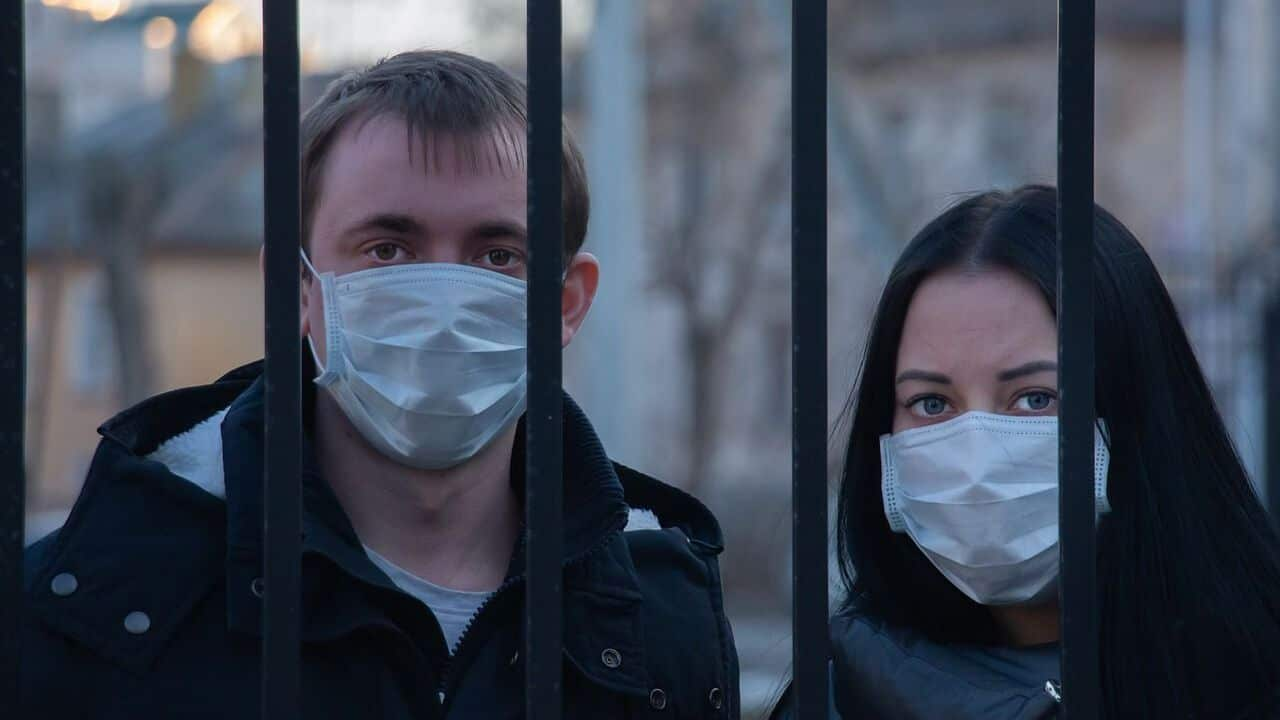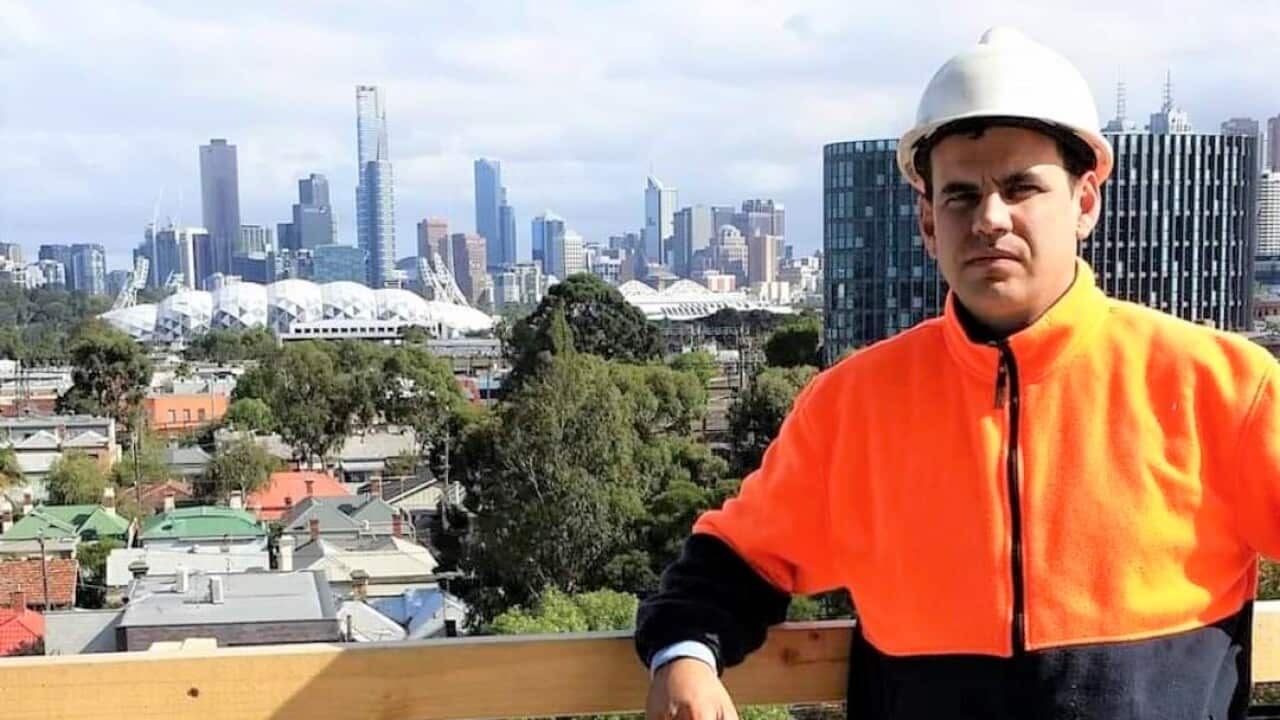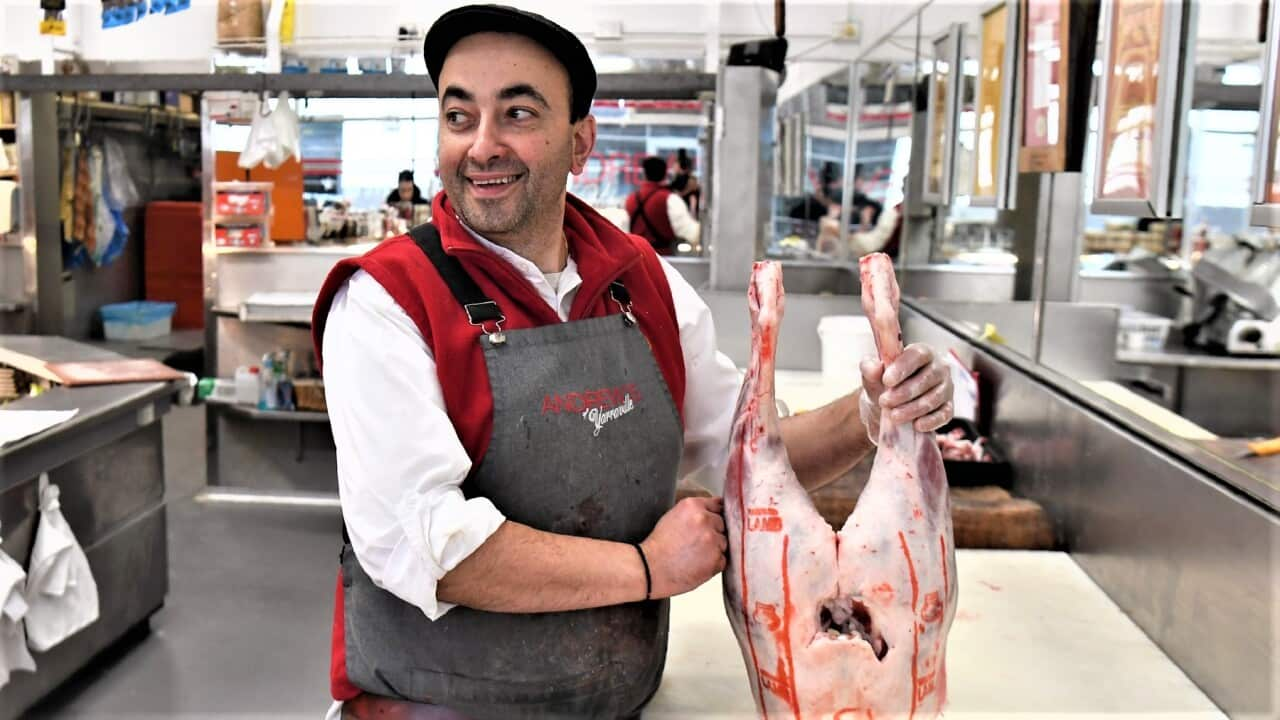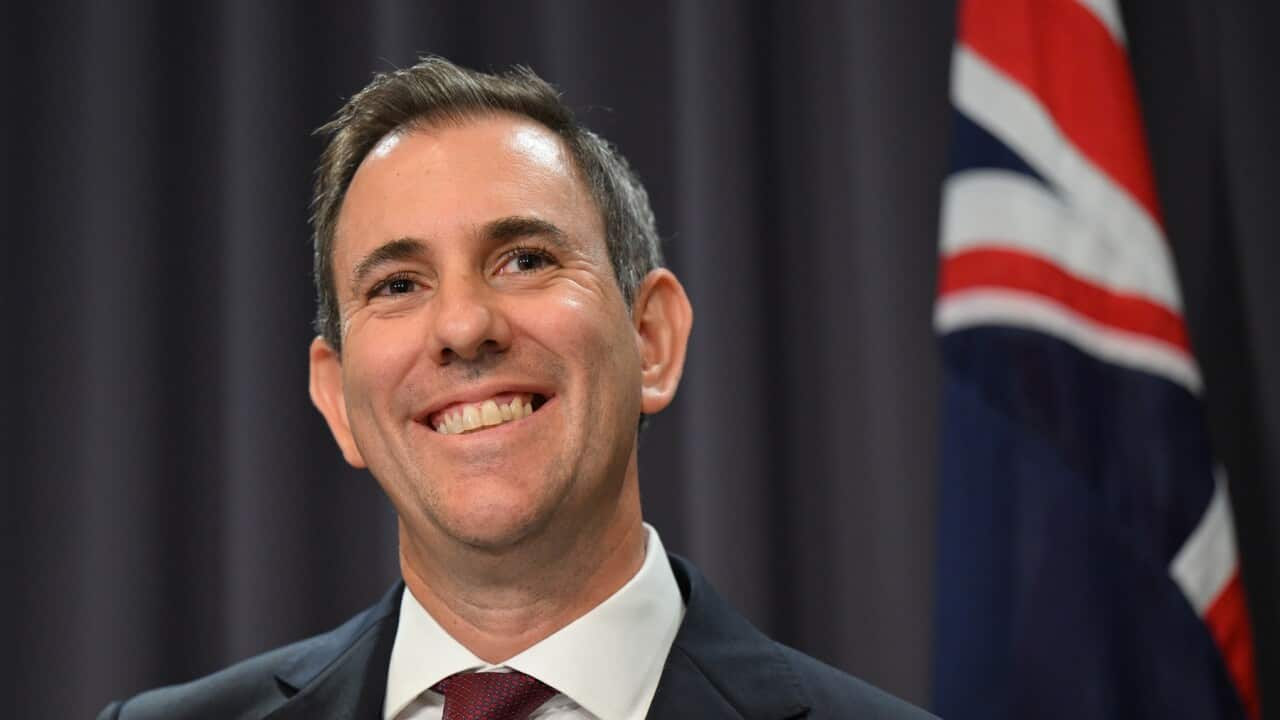Η ομογενής υπουργός Υγείας Τζένη Μικάκου υπερασπίστηκε τις πολιτικές της για την αντιμετώπιση του δεύτερου κύματος του κορωνοϊού,
Ο πρωθυπουργός της Βικτώριας Ντάνιελ Άντριους υπερασπίστηκε την ομογενή υπουργό Υγείας, Τζένη Μικάκου, η οποία χθες προχώρησε σε αναρτήσεις στο μέσο κοινωνικής δικτύωσης Twitter.
Στο Twitter κατέφυγε η υπουργός απαντώντας στις επιθέσεις που δέχεται το τελευταίο διάστημα από πολιτικούς της αντιπάλους και απογοητευμένους πολίτες. Και αναφέρει, μεταξύ άλλων:
«Μεγάλωσα εμπνεόμενη από την σημαντικότερη συνεισφορά της Ελλάδας στον πολιτισμό: το δημοκρατικό πολίτευμα. Μια προτομή του μεγάλου Αθηναίου πολιτικού, Περικλή, ο οποίος έχτισε τον Παρθενώνα και κυβερνούσε στη διάρκεια του Χρυσού Αιώνος στέκεται περήφανα στο γραφείο μου».
«Δυστυχώς, αυτός ο μεγάλος άνδρας υπέκυψε στην επιδημία της πανούκλας της Αθήνας το 430 π.Χ., με τους συμπολίτες του να αποτυγχάνουν να τηρούν τους νόμους της εποχής τη στιγμή που εξαπλωνόταν η επιδημία. Το 2020, ας να ξεχνάμε ότι πανδημίες έχουν διαμορφώσει την παγκόσμια ιστορία εδώ και χιλιετίες».
ΔΕΙΤΕ ΑΚΟΜΗ

Θλιβερή ημέρα για την Αυστραλία!
Η κ. Μικάκου αναφέρει ότι πάντα αγωνίζεται και αντιμετωπίζει τις προκλήσεις και ζητά από την ανεξάρτητη επιτροπή που έχει διορίσει η κυβέρνηση να εξετάσει τι οδήγησε στο δεύτερο κύμα της πανδημίας.
Ερωτώμενος σχετικά, ο κ. Άντριους είπε ότι η κ. Μικάκου είναι ένα δυνατό άτομο. «Αυτός ο ιός δεν σταματά και κανένας μας δεν μπορεί να σταμτήσει να τον αντιμετωπίζει σοβαρά».
Η πλήρη ανάρτηση της κ. Μικάκου έχει ως εξής:
"I’ve grown up inspired by Greece’s most enduring contribution to civilization - democracy. A bust of the great Athenian statesman, Pericles, who built the Parthenon and governed during its golden age of educational and cultural achievement sits proudly in my office.
Sadly, this great man succumbed to the plague of Athens in 430 BC, with his society increasingly failing to abide by the laws at that time as the plague spread.
In 2020, it’s easy to forget that pandemics have shaped world history for millennia.
When we have to look back 100 years to the Spanish flu to find a pandemic of comparable global magnitude, it’s outside all of our collective experiences. It means there’s no detailed go-to manual of how to respond to these pandemics.
Responses need to be calibrated and adjusted, continually evolving to changing circumstances.
Since the first case in January, a huge effort by thousands of health care workers and many others has seen a huge amount of good work achieved in preparing our health system.
It was work that needed to be done quickly and nimbly because the virus would not wait and no doubt, mistakes were made along the way, because humans are flawed yet contagious viruses are unforgiving.
And to our collective frustration, we find ourselves in a second wave, like many other parts of the world, this one more deadly than the first. And our collective heartache is enormous for every grieving family, every unemployed worker, every person not coping at home alone.
Since that fateful day on 25 January, when we had our first-ever case, I’ve worked every day to keep everyone safe. I have put every ounce of energy I’ve had into that effort. If it wasn’t enough, then I’m deeply sorry.
I’ve always striven to be upfront and measured about the challenges facing us.
So it pains me to see the incorrect assumption made that somehow I can single-handedly report on the actions of countless individuals and many agencies involved in our pandemic response.
Let the independent judge do her job, let the cards fall where they may. I believe there is nothing to fear in seeking the truth. The truth will set you free.
History like the plague in ancient Athens shows us that civil disorder puts a society facing a pandemic at greater risk. Our own democracy is not at any risk, but our health is. The strategy will only work if everyone follows health advice. We all have a role to play in this".
Πατήστε Play στην κεντρική φωτογραφία για να ακούσετε το podcast







